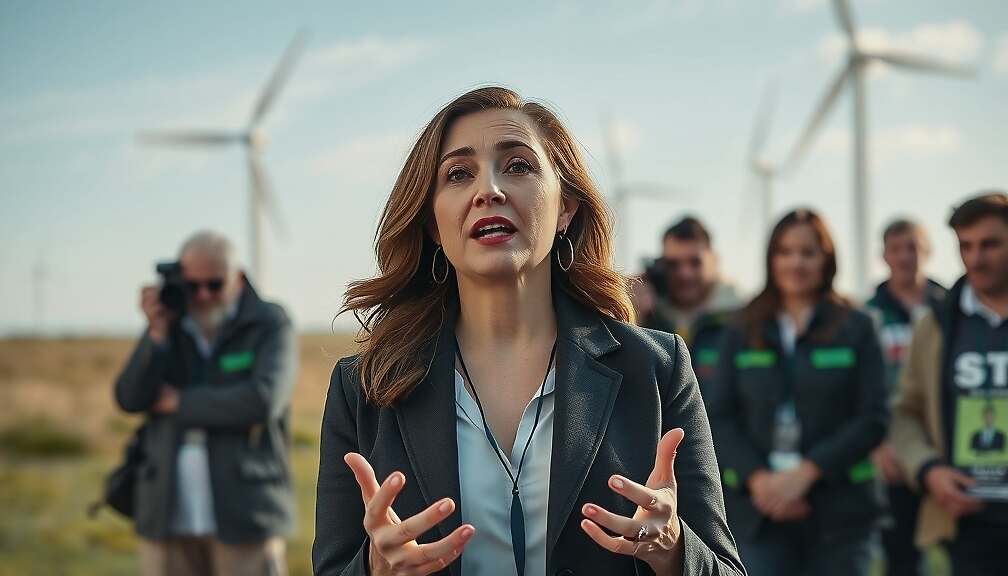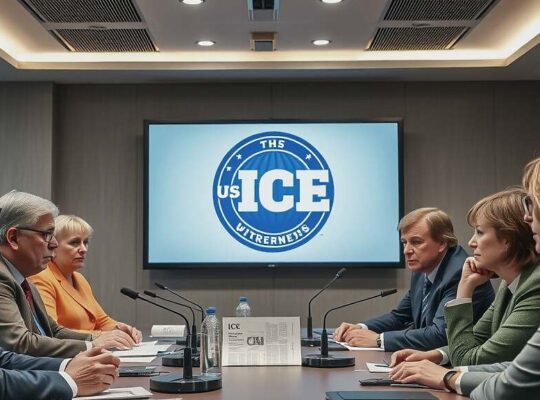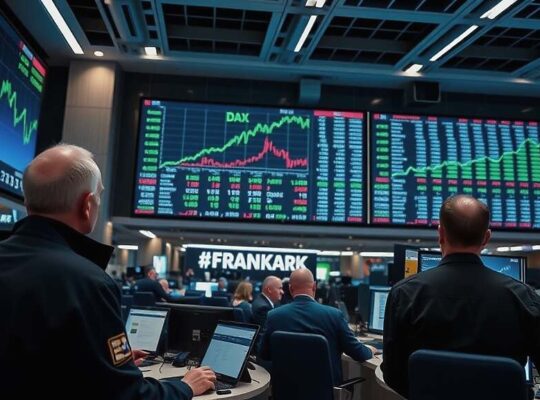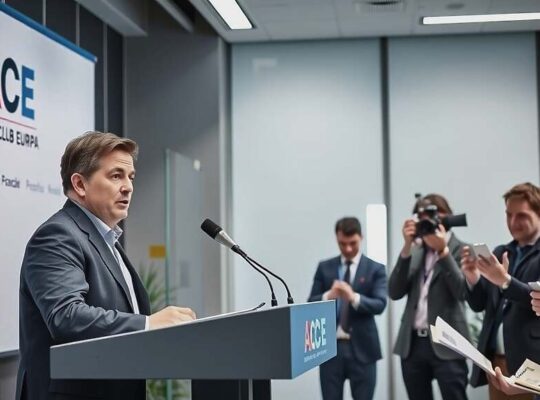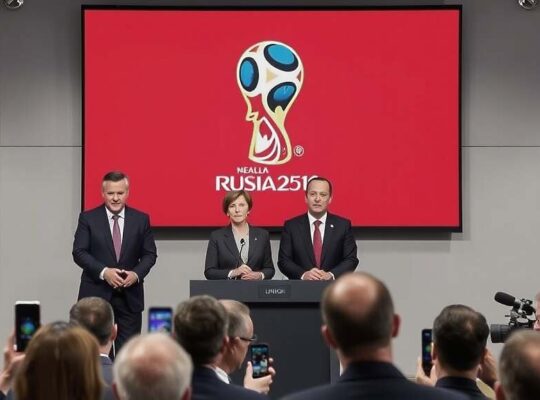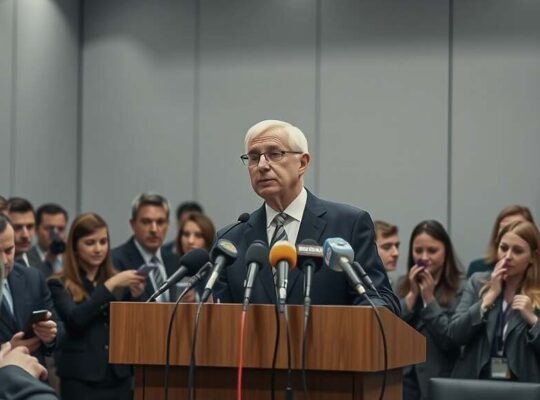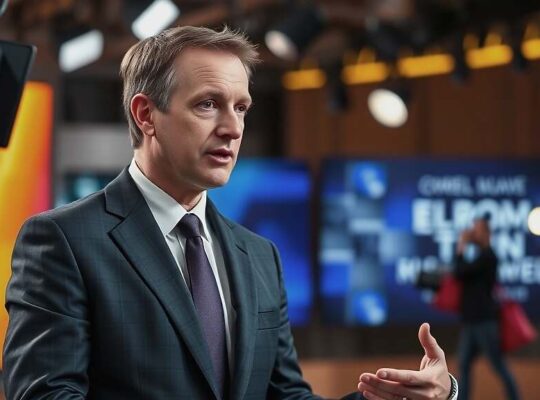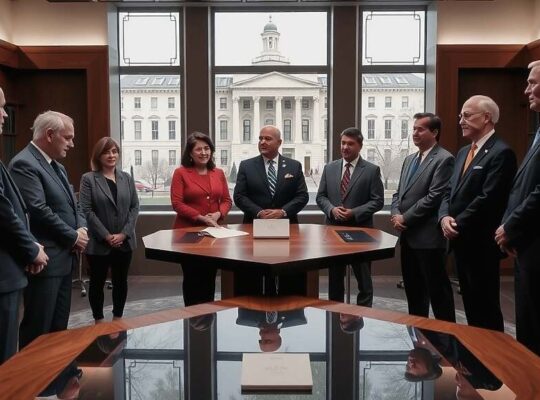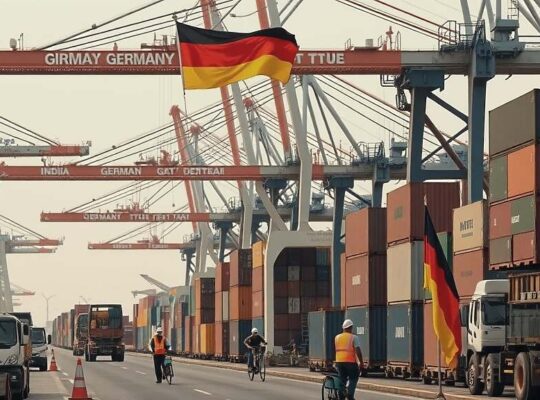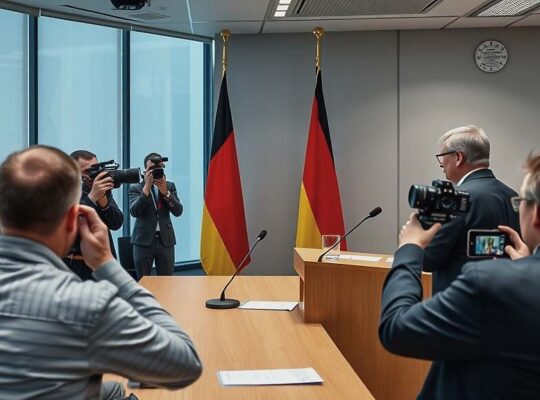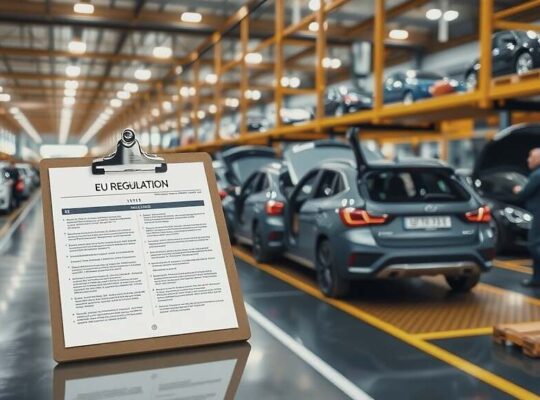Germany’s leading energy association, the BDEW, is urging a reframing of the debate surrounding high electricity costs in the country. While acknowledging the price concerns, BDEW CEO Kerstin Andreae argues the discussion is overly focused on drawbacks and overlooks significant locational advantages stemming from the energy transition.
Andreae highlighted Germany’s reliable grid stability as a key benefit, noting that consumers experienced an average of just 13 minutes of power outages in 2023 – a figure she described as “world-class” compared to 367 minutes in the United States. She also emphasized the opportunities presented by green innovation and the export of environmentally friendly technologies, citing strong demand for German-built hydrogen-ready gas power plants – largely from international clients.
She voiced criticism regarding the federal budget’s planned focus for 2026, suggesting insufficient support for the rollout of a hydrogen economy, describing such hesitation as short-sighted. Andreae reminded that the governing coalition agreement includes provisions for building Germany’s first nuclear fusion reactor and proposed a similar ambition for hydrogen infrastructure, envisioning Germany as the first country with ten hydrogen-ready gas power plants and significant green hydrogen electrolysis capacity.
Andreae also expressed disappointment that the promised reduction in electricity tax “for all” has not been implemented. While welcoming the €6.5 billion in planned subsidies for grid charges, she stipulated that funding should come from the general budget and not from the Climate Protection Foundation (KTF) earmarked for investment.
The CEO welcomed the “Monitoring Report” commissioned by Economics Minister Katherina Reiche, anticipating it will reveal potential cost savings and pave the way for a fundamental reorientation, focusing on cost optimization and efficiency. She identified opportunities for savings in areas such as prioritizing overhead power lines over expensive underground cables, optimizing the placement of offshore wind farms and reducing bureaucratic burdens, which she estimates currently cost the energy sector €8.2 billion annually, with many reporting requirements deemed unnecessary.
Andreae encouraged Minister Reiche to engage in intensive discussions with the energy sector regarding the findings of the unpublished monitoring report. Despite the potential for savings, she stressed that the expansion of renewable energies and the grid infrastructure must continue, warning against repeating the mistakes of the Deutsche Bahn by failing to invest sufficiently in infrastructure.
To mitigate the risk of periods with low wind and solar power generation – so-called “dark doldrums” – Andreae called for the rapid deployment of secure capacity in new gas power plants, emphasizing the need for a swift tender design, given the five-year lead time for construction. She welcomed the announced tenders for this year but expressed impatience for action.
Finally, Andreae advocated for a “Hydrogen Alliance” between European governments, drawing a parallel to the “Nuclear Alliance” led by France, which successfully secured state funding for nuclear energy by classifying it as renewable. She lamented the lack of a comparable group for hydrogen, arguing it has weakened the position of individual countries and contributed to unfavorable EU regulations.


